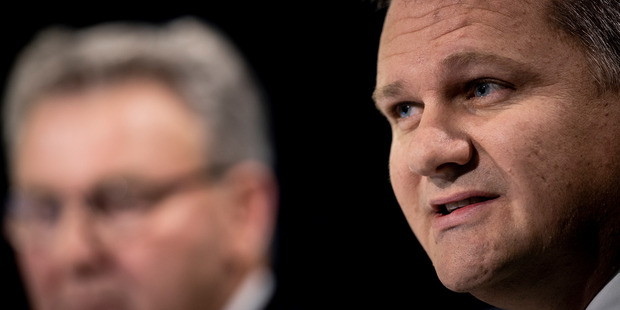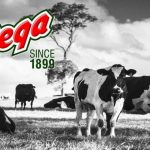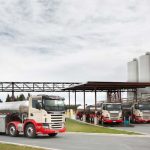
At this week’s first-half result, Fonterra went back into the black after descending into a $348m loss in the previous corresponding period but reported a 29 per cent decline in operating earnings.
Fonterra’s already high debt lifted by 4 per cent to $7.4 billion, taking its gearing 52.5 per cent compared with its target range of 40 to 45 per cent.
The co-op put the increased debt down to seasonal factors and said it was confident asset sales worth $800m could be achieved to get back within the desired range.
FCNZ analyst and long-time Fonterra watcher, Arie Dekker, noted that Fonterra had committed to financial discipline with the final dividend decision depending on full-year earnings and balance sheet.
Dekker assumed that no dividend for 2019 would be paid “given the uncertainty that exists currently.”
“While the first half highlights that the full year 2019 will be another disappointing year, we view Fonterra’s journey on strategic and asset portfolio reviews as the necessary precursor to getting a better understanding of where Fonterra is going and the investment case,” he said in a research note.
Over the next six months Fonterra will move through a full review of strategy, its investments, major assets and partnerships and will make initial moves to reduce debt.
Dekker expects the co-op to focus on its and capex requirements, its longer-term intentions on capital structure and to address how it intends to remain competitive for milk supply in New Zealand, where it has significant base of “stainless steel” capacity.
“Fonterra must be realistic about its capability and ‘DNA’ through this process, having seen significant value destruction as it has invested away from its core business without the capital structure to necessarily withstand bumps along the way,” he said.
Dekker said Fonterra had significant investment to protect in its New Zealand asset base and had generally been more successful off its New Zealand milk pool than it has beyond.
“It is important Fonterra follows through on the intent to be open and transparent on unallocated costs and on investment requirements, and the outcomes expected from future meaningful investment.
“We think a lack of clarity and openness on that has contributed to the value destruction FSF has seen in the last five years,” he said.
“We also need to see Fonterra provide confidence on longer-term capital structure, to the extent that is required to address its sustainable competitive positioning for New Zealand milk.”
Fonterra’s prospects have been reflected in the price of its NZX-listed units, which give investors access to its dividend flow.
The units last traded at $4.26, and have lost more than a quarter of their value over the last 12 months.
But S&P rating safe for now
Ratings agency Standard and Poor’s believes the co-op is on the right track.
Graeme Ferguson, an analyst at S&P Global Ratings, said the result underscored the fundamental challenges facing Fonterra.
“That said, we believe management and the board struck the right tone in acknowledging the scale of the task ahead of them and by not shying away from difficult decisions,” he said.
“Our ‘A-‘ rating on Fonterra is supported by our line of sight on near-term balance sheet repair,” he said.
“However, the task of restructuring Fonterra’s operating model is hard, with unrelenting work likely necessary over the course of many years,” he said.
“Easy wins will likely be hard to come by.”
Ferguson said S&P would monitor the effectiveness of Fonterra’s restructuring initiatives as it aims to stabilise its earnings profile.
Early this month, Fitch Ratings put Fonterra on notice over its credit rating, saying its asset sale programme will be critical in getting debt under control.






















